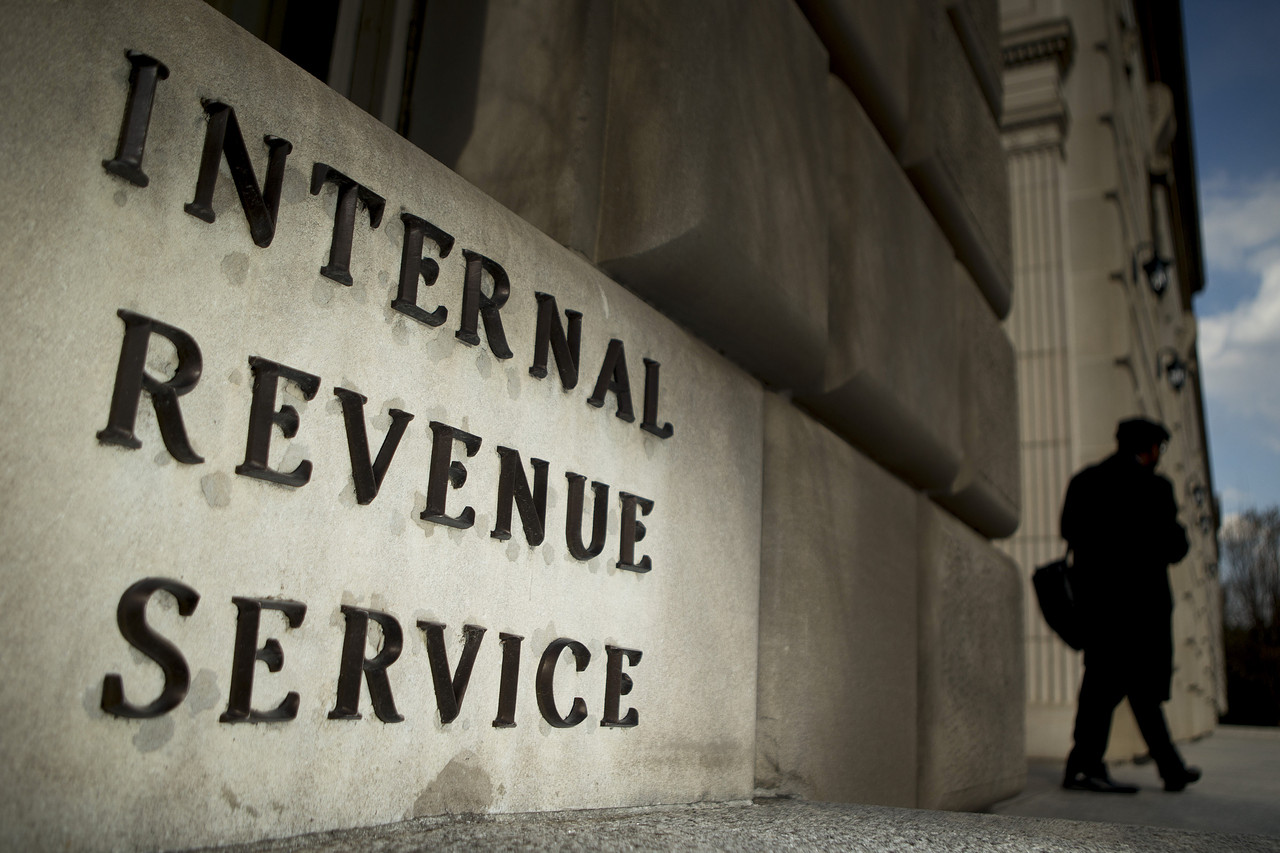Tax shelters and strategies that go beyond basic tax planning
An accountant shared a story with his peers of a client who called recently to say “This year I really want to do whatever we can to slash my tax bill and pay the minimum”. The accountant replied “What do you think we’ve been doing when we work on your taxes all these years?” Obviously there was a disconnect in communication and expectations. The client was really saying that he wants more aggressive and sophisticated tax shelter strategies. The accountant was really saying that he was already at the limit of traditional tax planning within his comfort zone.
Never before in our lifetime has the drive and opportunity to avoid paying income taxes been so great. I’m jumping ahead a bit on the ‘opportunity’ part by projecting the tax changes that we expect will be implemented in 2017. It seems like these tax changes will come just in time to help those affluent taxpayers, especially business owners, who wish to use them in combination with other legal tools to reduce or eliminate federal income taxes.
Our new president has raised awareness and expectations that anyone who works hard enough at avoiding income taxes has the right and the ability to do so. He has also raised awareness that a private charitable foundation can be used to further the goal of avoiding income taxes. Yet he makes it clear that tax savings do not come easy; this is the result of time-consuming and expensive financial planning.
Historically, the majority of legal tax avoidance strategies stem from three primary tools:
- Real estate and land-based resources
- Tax-free or tax-deferred employer plans
- Private tax-free foundations
These tools are often used in combination. These tools are available to all affluent individuals seeking to avoid taxes, not just billionaires. Although we expect the advantage of real estate to disappear. the other two remain strong options,
I suggest a few common rules for those who wish to avoid or reduce their income taxes:
- The planning should be done well in advance of earning the income that you will shelter.
- Your bookkeeping and tax filings must be squeaky clean. The best way to ruin tax planning efforts is to lack the backup documentation to support these strategies. Never be fooled into thinking that tax shelters mean disregarding the many complexities of tax law compliance.
- Tax planning is expensive. We know the adage “It taxes money to make money”. The same idea applies here: it takes money to save money on taxes.
- Don’t believe tax shelter advertisements that sound too good to be true. Offshore accounts and similar advertised strategies fall into this category.
- Use experienced help. Recognize that most accountants and attorneys do not specialize in tax shelter planning. Larger firms have individuals who specialize in this area of practice. Look for professional credentials like LLM or MT in compensation planning.
- Use professionally drafted documents. I maintain a library of tax planning resources but the actual documents should be prepared or reviewed by an attorney.
- Monitor tax compliance over time. Don’t put your tax planning documents in a drawer and forget about them; this would be a recipe for disaster.
In many successful businesses, I see a combination of these strategies being used together for maximum benefit. The best first step is to schedule a review of your current tax situation and past years’ tax filings and then begin to plan ahead for lower taxes next year.
[contact-form-7 id=”4556″ title=”Boilerplate Contact”]


Leave a Reply